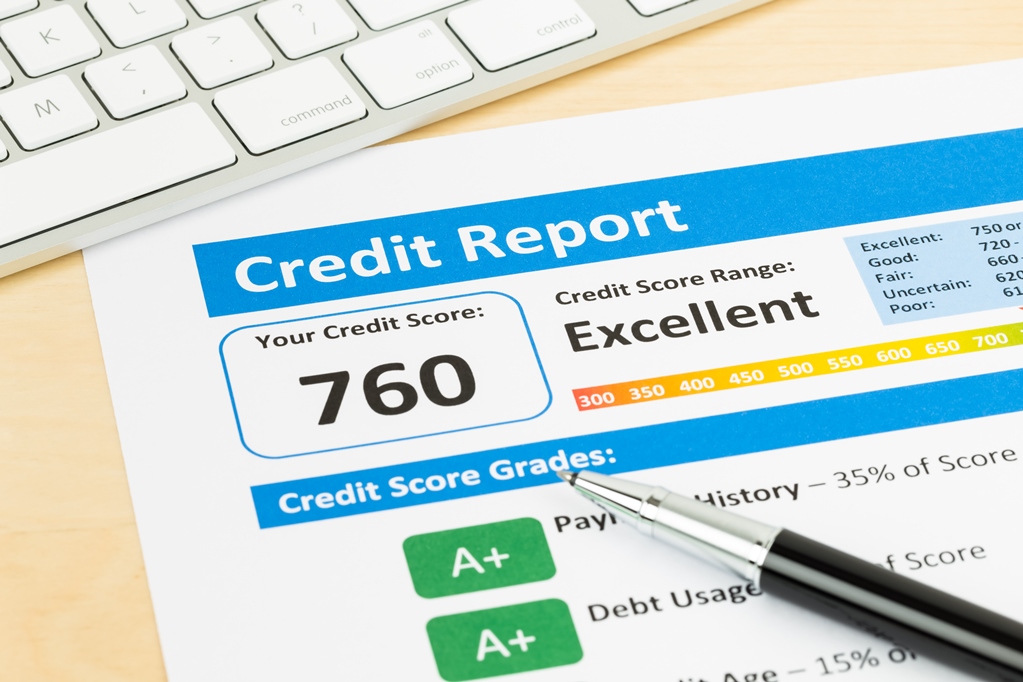
Take a moment to think of a few numbers that occupy your thoughts on a regular basis. First to mind might be your salary, how much (or little) you have left to reach a particular savings goal, or even the number of days to go until a holiday. Whatever numbers occupy your grey matter on a daily basis, if you’re like most people, the three digits that make up your credit score won’t be one of them. But this little number might just be one of the most important figures in your life, especially if you’re at a particular financial milestone.
The problem is that despite their importance, there is an extent to which our credit scores exist in the shadows, not visible until it’s too late. This isn’t entirely true – we can all check our personal credit score any time using a number of free online tools such as Experian’s free Credit Checker facility. Contrary to the popular myth, checking this won’t affect your credit rating. Go on – give it a go now!
Did you check? If so you’ll have seen a number between 0 and 999. Note that this number may vary with different credit score providers; more important is the indication as to whether this score is good, excellent or otherwise.
Why it’s Important
Your Credit Score is the basis any lending decisions that a bank or other financier might make when you ask to borrow money. The number indicates how much of a risk they see you as, based on your previous history of borrowing and paying back money. There are a number of factors which may increase or decrease the number, and it is changing constantly, but the rating that a lender sees at the time of an application is how they will decide whether to lend to you and on what terms. It’s a simple (if not always fair) equation: those with the best credit ratings get the best deals. Those deemed as a higher risk might be offered the loan but at a higher rate of interest. And if the score is really low, the bank might downright refuse to lend. In short, when you find yourself needing to borrow money, for a mortgage or a personal loan, having a good credit score makes a significant difference.
But I don’t need to borrow money. Do I still need a good credit score?
So you’ve decided that renting makes more sense than buying, you live within your means and you have a comfortable cushion in the form of a savings account. Do you still need to worry about your credit rating? Well… yes.
These days, with data about you more readily available than ever before, and services increasingly joined up, your credit score has a far wider impact than just the bank. Phone contracts, utilities services such as electricity and internet and car finance rates may all be based on your credit score. Put another way, you might be paying a higher rate than someone else for the same phone, utilities and car finance just because your credit rating is poor.
The ramifications of a poor credit score extend further than this. Landlords and estate agents may use a credit score to assess your suitability as a tenant. Potential employers may look at it during a job application process, citing ‘responsibility’ as justification for doing so. And insurance companies might also base their rates partly on your credit rating.
OK – I understand my credit rating is important. What can I do?
Luckily, there are a number of steps you can take to build your credit rating. You can find a list of the most common here, and a useful technique for making sure you stick to them here.
At Credit Builder, our goal is to help more people build their credit score quicker and enjoy the perks that come with a good (or excellent!) score. For that reason our platform allows you to build your credit rating simply by paying your rent on time each month. For decades, the largest monthly payment that most people make has not been included in your credit score. Now, simply by signing up to Credit Builder and paying your rent on time, you can build your credit score for free.

